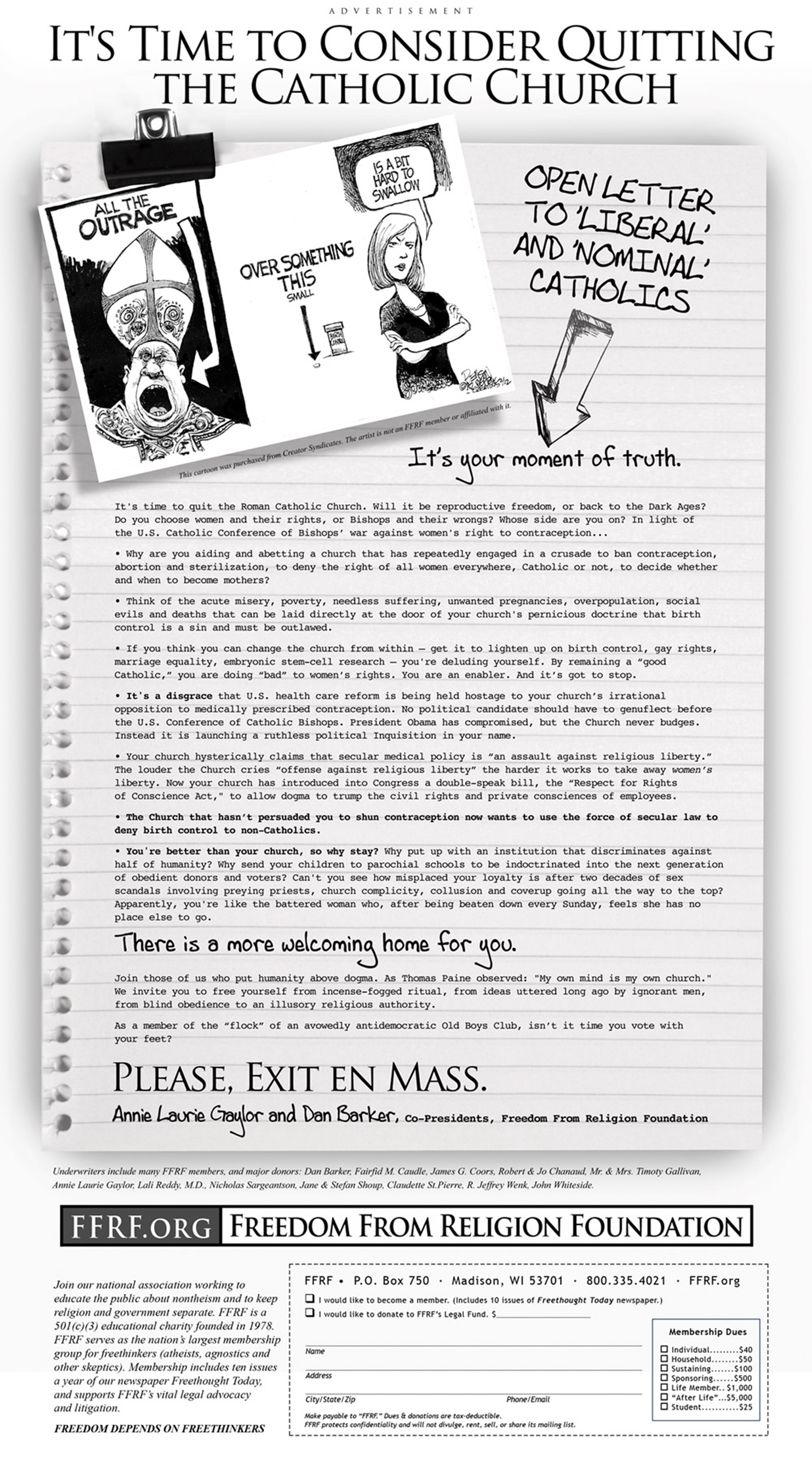Some more on Bart Ehrman and places where he seems too definite.
Backing up from where I started yesterday (which was p 82), on p 78 he says that mythicists fail to appreciate
that our surviving accounts, which began to be written some forty years after the traditional date of Jesus’s death, were based on earlier written sources that no longer survive. But they obviously did exist at one time, and they just as obviously had to predate the Gospels that we now have.
Obviously? Well it’s not obvious to me, for one. Plausible, but not obvious.
But that pales in comparison to what he says on p 86. He starts with mythicists’ claims about Paul’s lack of knowledge of Jesus, and says they’re flawed and he’ll say more later.
But even if we leave Paul out of the equation, there is still more than ample reason for thinking that stories about Jesus circulated widely throughout the major urban areas of the Mediterranean from a very early time. Otherwise it is impossible to explain all the written sources that emerged in the middle and end of the first century.
They’re all independent, he says. They’re written in different places, they contain different accounts, but they agree on many of the basics: Jesus was ”a Jewish teacher of Palestine who was crucified on order of Pontius Pilate, for example.” Where did all these sources come from? They couldn’t have been invented independently because there’s too much agreement.
Instead, they are based on oral traditions. These oral traditions had been in circulation for a very long time before they came to be written down. This is not pure speculation. Aspects of the surviving stories of Jesus found in the written Gospels, themselves based on earlier written accounts, show clearly both that they were based on oral traditions (as Luke himself indicates) and that these traditions had been around for a very long time…
Here’s the problem. Note that “Otherwise it is impossible to explain all the written sources that emerged in the middle and end of the first century.” Because he says “all” he must mean the ones that don’t actually exist as well as the ones that do – but if that’s what he means, he’s arguing in a circle. He does the same thing with “themselves based on earlier written accounts.” He twice cites “written sources/accounts” that don’t actually physically exist but are inferred via ones that do, as if they were physical evidence. That’s terribly circular. It may be that the sources did exist; it seems quite plausible that they did; but he doesn’t know that they did. It’s circular to rely on them as conclusive.
Then at the end of the chapter, which is on the Gospels as historical sources, on page 92 he says there are surviving Gospels that attest to the existence of Jesus, and that
these independent witnesses are based on a relatively large number of written predecessors, Gospels that no longer survive but that almost certainly once existed.
I balk there. I can see saying “almost certainly” about a natural process that has no perverse human mind to mess things up, but I balk at saying it about human activities. I balk at the implicit claim that it’s “almost certain” that the predecessors were written rather than oral.
He sums up
If historians prefer lots of witnesses that corroborate one another’s claims without showing evidence of collaboration, we have that in relative abundance in the written sources that attest to the existence of the historical Jesus.
Again he seems to be lumping actual, existing written sources with notional, non-existent written sources in order to call them relative abundance, which I think is not fair to the reader.
He could well be right about all of it. But I think he should be more careful with those postulated but absent written sources.
(This is a syndicated post. Read the original at FreeThoughtBlogs.)


